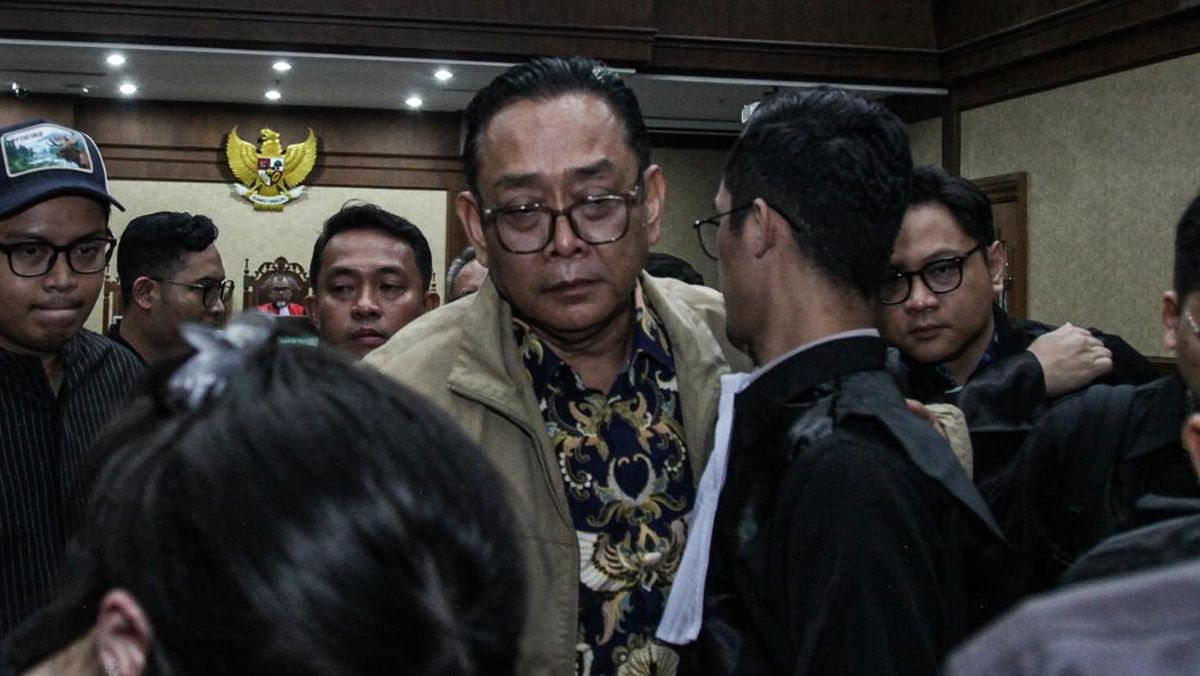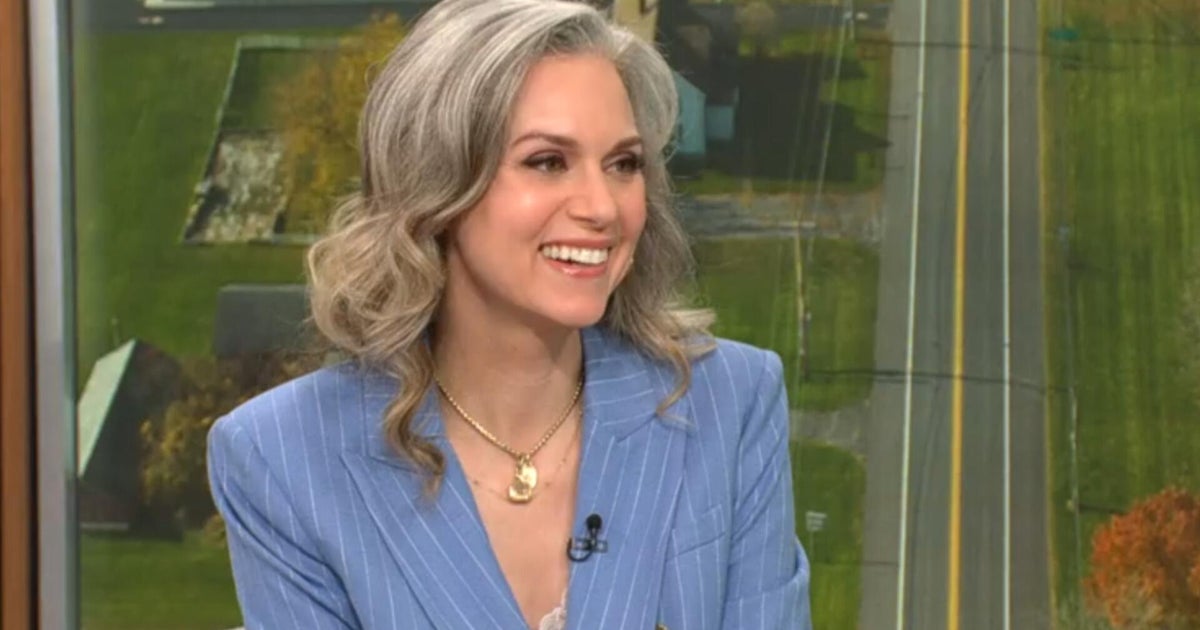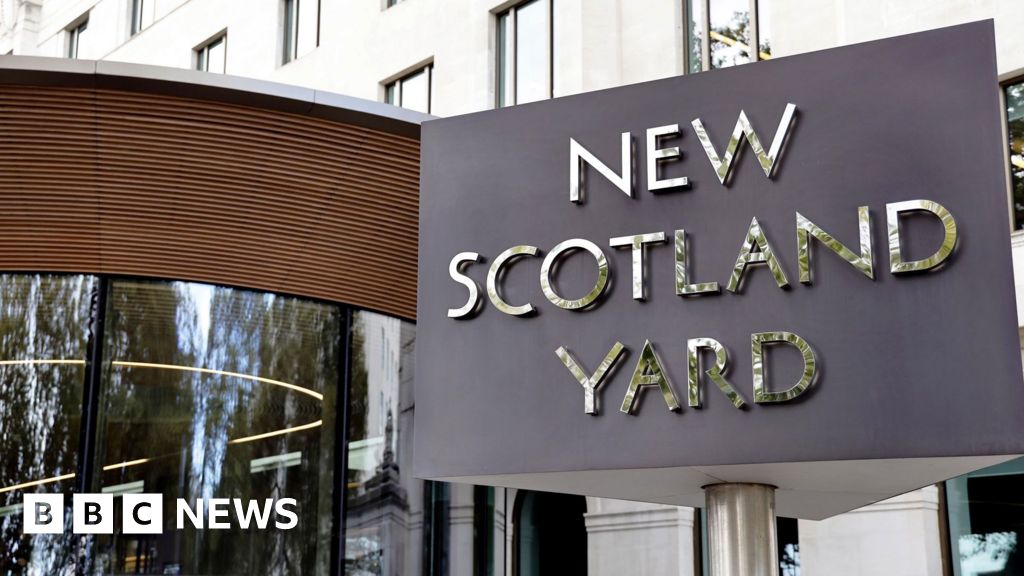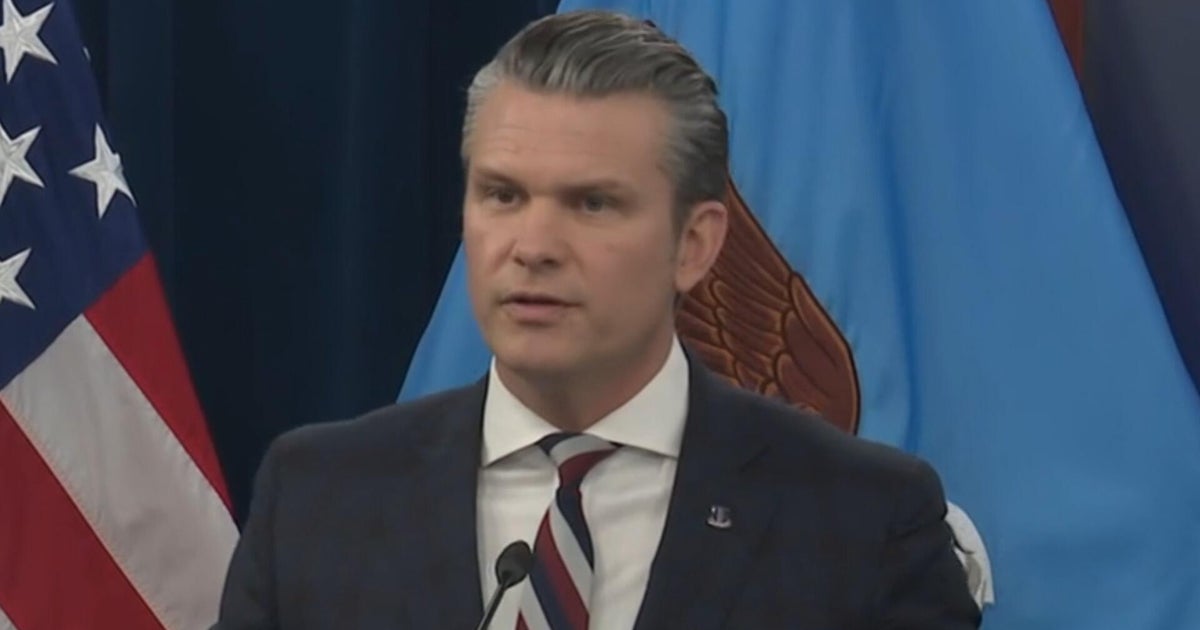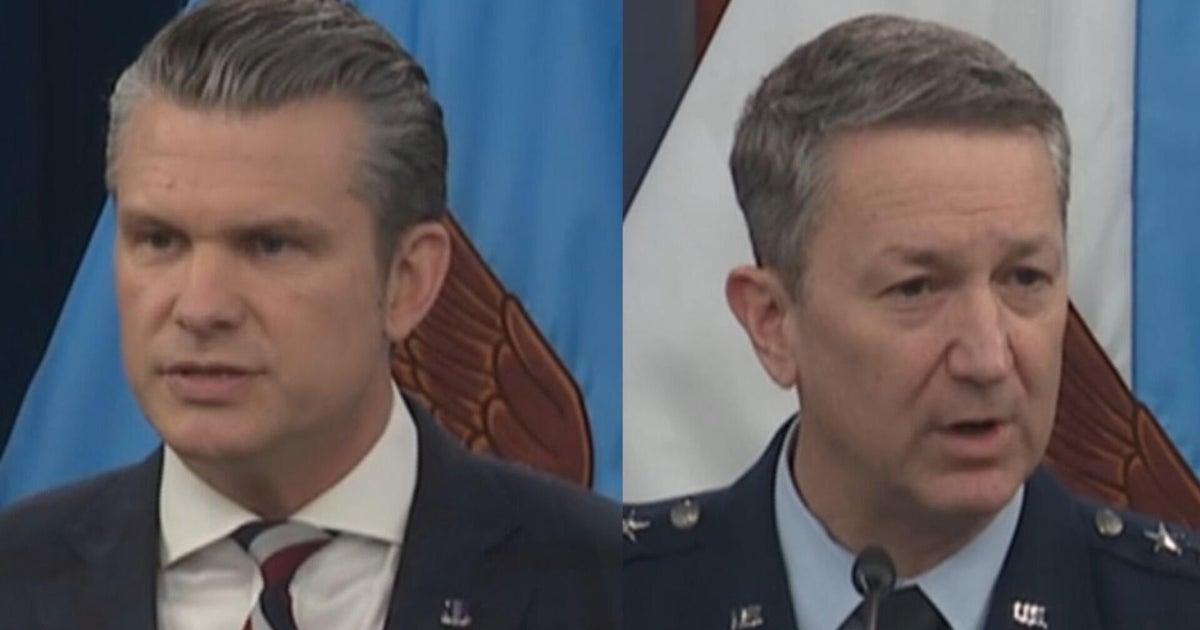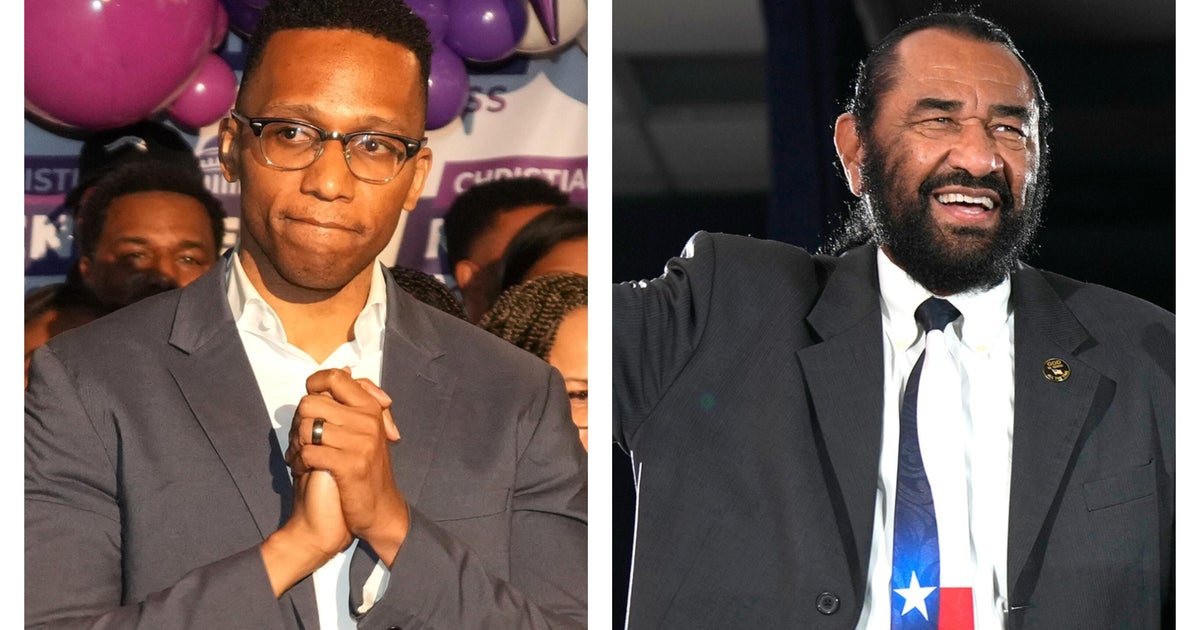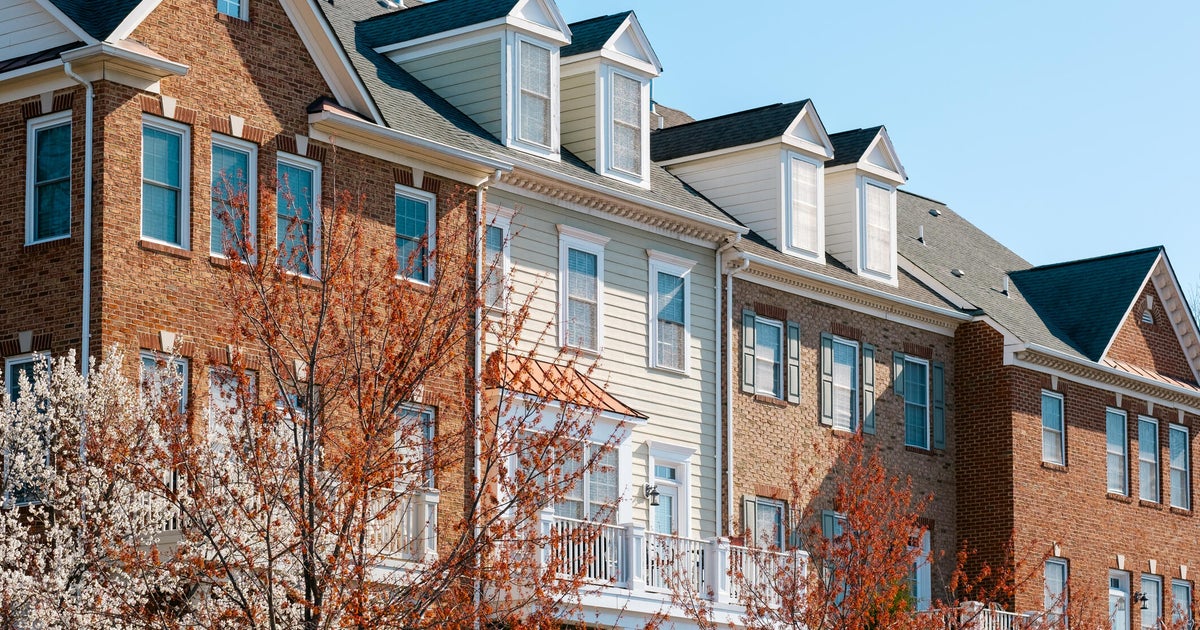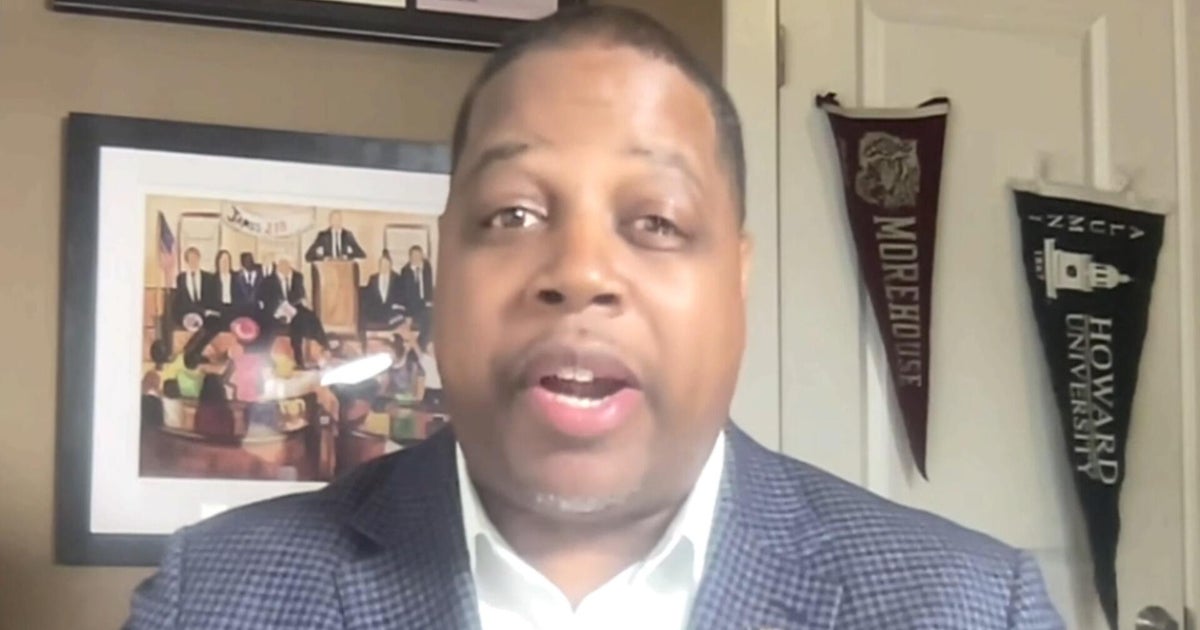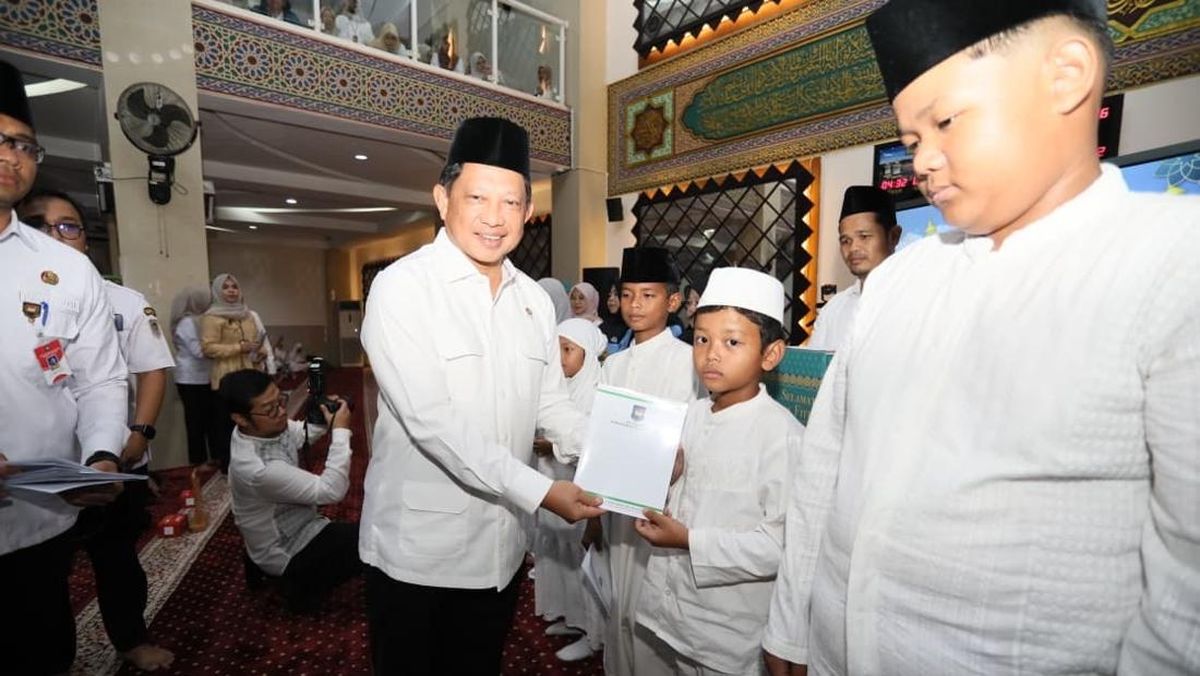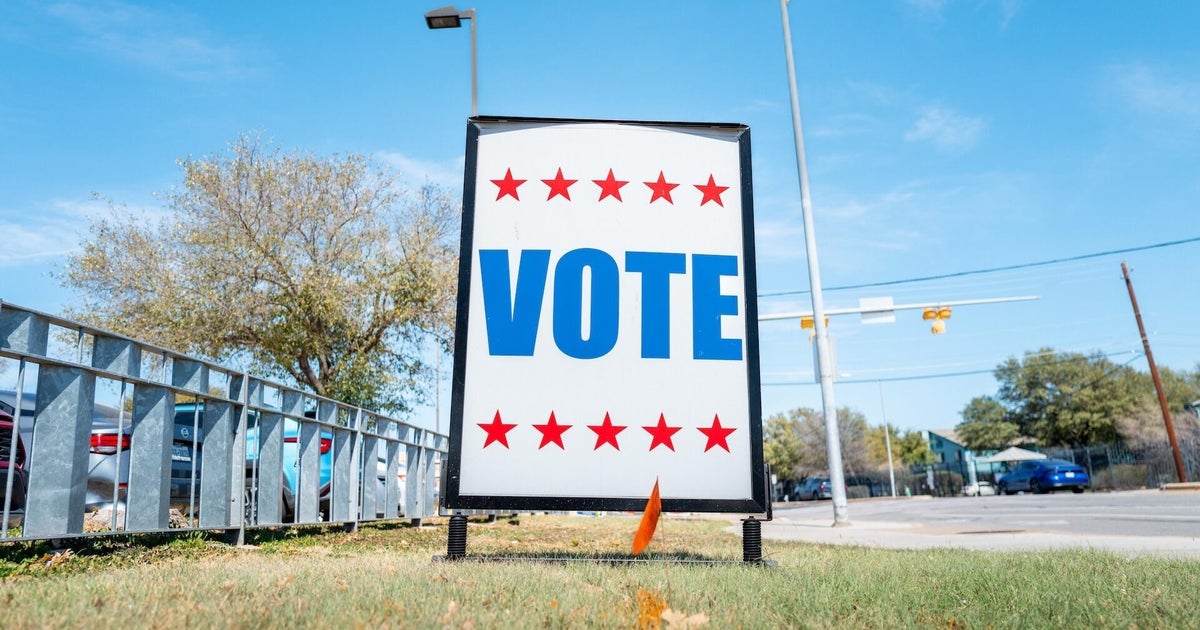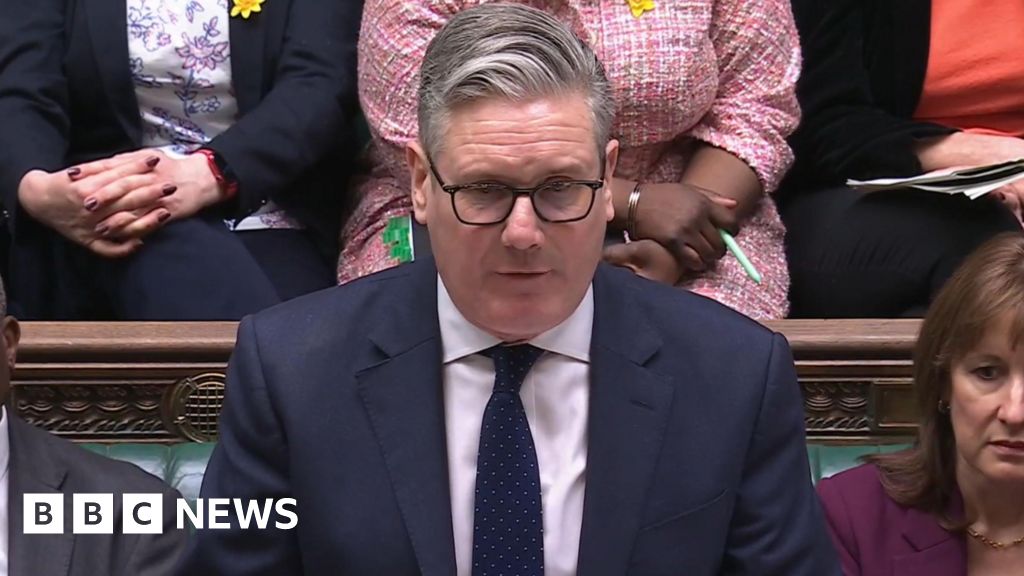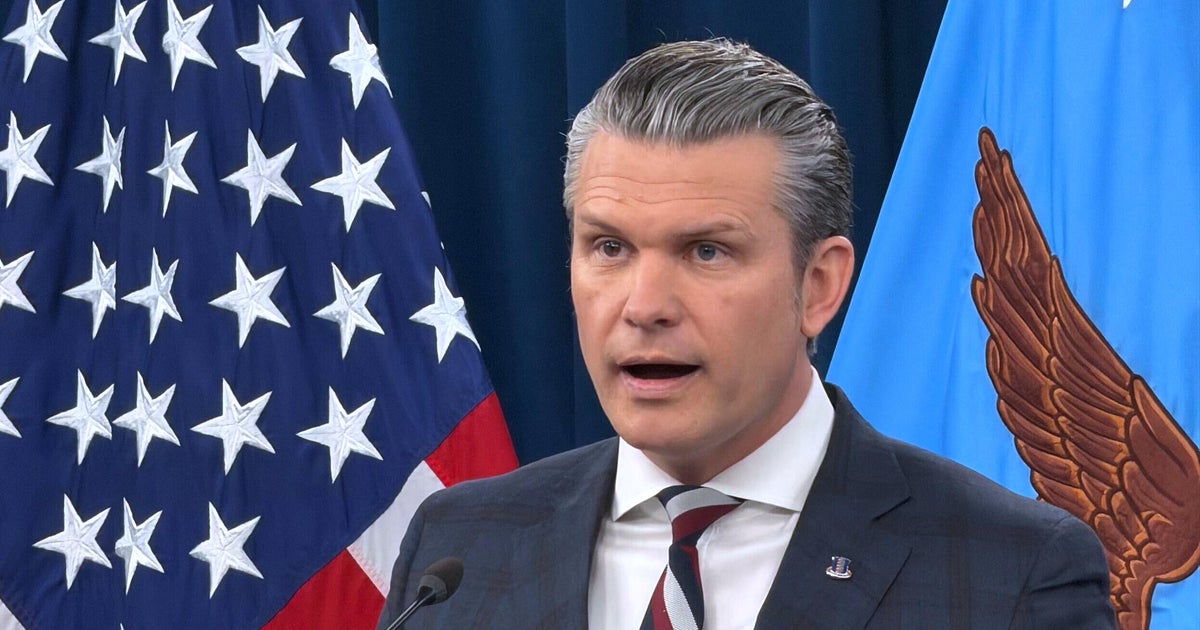Senate to convene at noon, but no time set for vote
The Senate will reconvene at noon, according to a notice from Majority Whip John Barrasso's office, but no time is currently set for the vote on the House-passed CR. The notice said only that "roll call votes are expected during Friday's session of the Senate."
26m agoSenate expected to vote on funding measure as part of proposal to end impasse
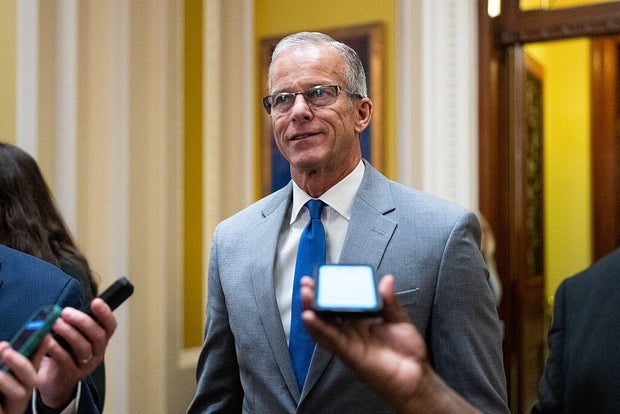 Senate Majority Leader John Thune of South Dakota walks to his office at the U.S. Capitol in Washington, D.C., on Nov. 6, 2025, after opening the Senate floor.
Bill Clark/CQ-Roll Call, Inc via Getty Images
Senate Majority Leader John Thune of South Dakota walks to his office at the U.S. Capitol in Washington, D.C., on Nov. 6, 2025, after opening the Senate floor.
Bill Clark/CQ-Roll Call, Inc via Getty Images
The Senate is expected to vote later today on the House-passed measure to reopen the government, with a goal to amend the legislation to tack on three full-year appropriations measures as part of a proposal that's come out of bipartisan talks in recent days aimed at ending the shutdown. But the GOP plan still faces headwinds, and may not earn enough support from Democrats to move forward Friday.
Although moderates involved in the bipartisan talks appeared optimistic about the prospects of reaching a deal earlier this week, which would also include a vote on a certain date on extending health insurance tax credits, conversations seemed to stall Thursday as Democrats met behind closed doors at a caucus meeting.
While some moderates have been eager to find a solution to reopen the government, others in the caucus appear emboldened by the party's sweep in key races in Tuesday's elections, pushing to hold out longer in the shutdown fight in an effort to achieve their health care demands. And House Speaker Mike Johnson's refusal to commit Thursday to bringing up a vote on extending health insurance tax credits dealt a blow to Democrats who appeared to be warming to the proposal.
The planned vote on Friday, which is not yet scheduled, would require 60 votes to advance, meaning Republicans need at least five more Democrats to cross the aisle. Three senators have repeatedly broken with their party to vote in favor of advancing the House-passed measure. Republicans are hoping the moderate Democrats who have been in the negotiations all week will vote to at least advance the bill, with the expectation that it will be amended and include some longer-term funding.
At the Capitol, Thune commented on his expectations for Friday.
"My hopes and expectations are always that we're going to have enough Democrats to actually proceed, but I don't know, we'll see," the South Dakota Republican said. "They seem to be walking back or slow-walking this, and it's what they asked for."
The list of 40 airports affected by FAA cuts
The FAA's plan to slash airline capacity includes cutting flights at 40 "high traffic airports" around the country.
The list of airports, confirmed Thursday night by the Department of Transportation, includes busy passenger airports in major cities and airline hubs as well as a number of airports with heavy cargo traffic.
Among the cities whose airports are listed are Atlanta, Chicago, Dallas, Denver, New York City and Los Angeles. The list had been provided earlier to CBS News by a source familiar with the discussions.
Read more and see the full list here.
Republicans discuss narrow filibuster change to end shutdown but likely won't adopt it, sources say
On Thursday, Republican senators discussed the idea of adopting a limited change to the Senate's filibuster rules to make it easier to reopen the government without Democratic votes, Republican sources told CBS News.
They discussed lowering the threshold to fund the government during a shutdown from 60 votes to a simple majority of 51, but only if the vehicle is a "clean" continuing resolution without any strings attached. The change would not terminate the 60-vote threshold writ large as there is not widespread Republican support for eliminating it despite the president's recent entreaties to do so.
Republican sources suspected even the limited change under consideration might not even make it to a vote.
The 60-vote filibuster rule has been watered down in the past. Former Senate Democratic Leader Harry Reid amended it in 2013 to allow executive and most judicial branch nominees to be confirmed by a simple majority, and four years later, former GOP Leader Mitch McConnell did the same for Supreme Court nominees. Recently, Thune has defended the Senate rule requiring 60 votes to pass most legislative matters.
Under Democratic control of the Senate under the Biden administration, Democrats discussed the nuclear option of eliminating the filibuster but faced opposition from within their own caucus due to two holdouts, Sens. Joe Manchin and Kyrsten Sinema. Those two became independents and no longer are in the Senate.



